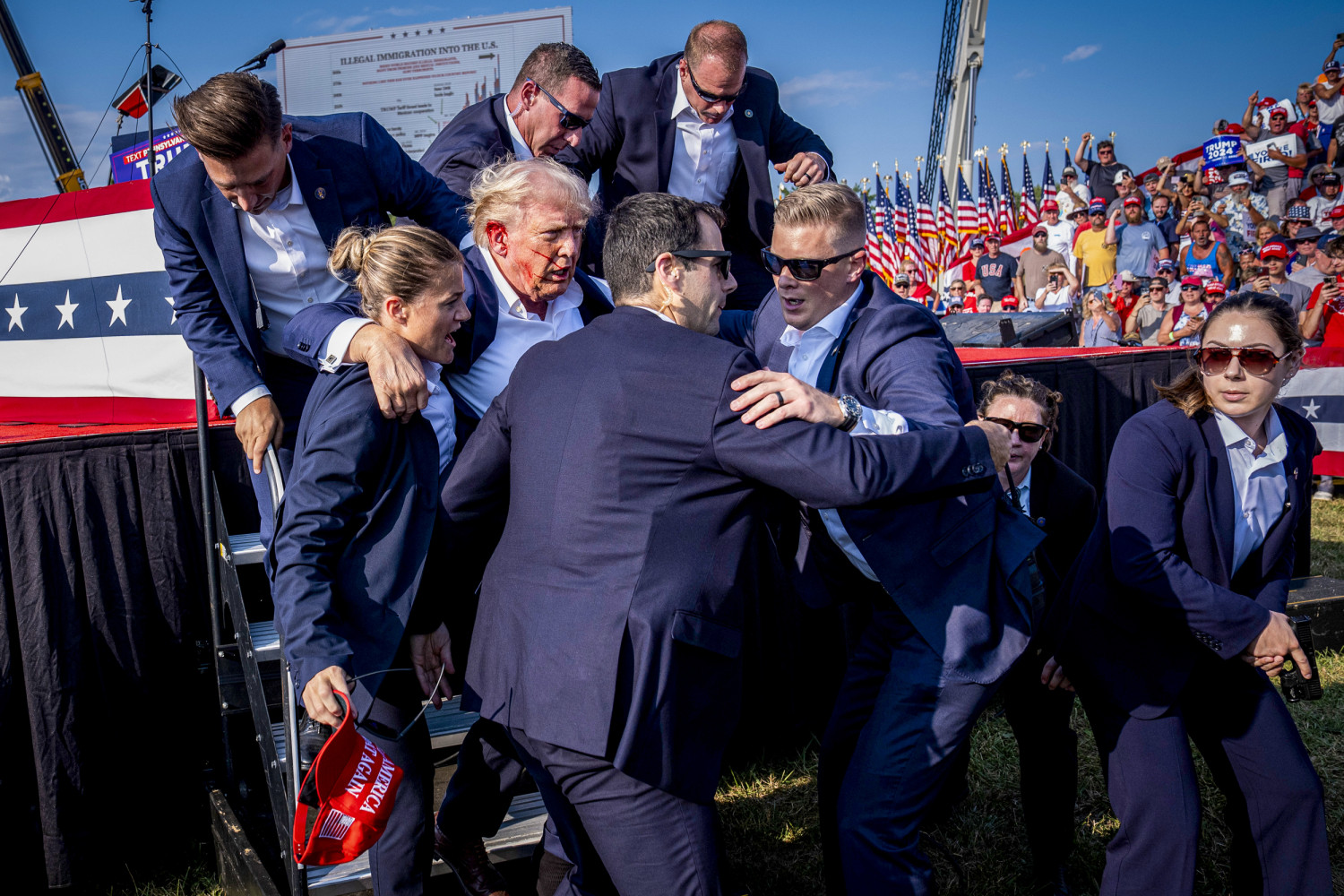
In recent developments, former President Donald Trump has sparked significant debate and speculation surrounding his proposed plans for both the crypto industry and national security. Trump, known for his outspoken demeanor and controversial policies during his presidency, has once again captured public attention with his latest announcements.
Trump's fascination with Bitcoin has taken center stage, with his recent pledge to establish a strategic Bitcoin reserve. This announcement, made at a Bitcoin conference in Nashville, marks a significant shift from his previous skepticism towards cryptocurrencies. Critics and supporters alike are closely watching how this move could influence the volatile crypto market and its broader implications on national economic policies.
Simultaneously, Trump has agreed to an FBI interview regarding an assassination attempt, a decision that has intensified media scrutiny. This development follows a shooting incident where Trump was targeted, raising questions about his personal security arrangements and the ongoing investigation's implications for national security protocols.
Moreover, Trump's renewed engagement with law enforcement underscores his approach to handling security threats, contrasting sharply with his tenure as Commander-in-Chief, where he often advocated for stringent immigration policies and a tough stance on law and order.
Economists and analysts are dissecting Trump's motives behind these decisions, particularly his motivations for reentering the public sphere amidst speculation about a potential political comeback. His actions are seen as strategic moves to reassert influence over policy narratives, especially as the United States prepares for the upcoming election cycle.
So, Trump's recent activities have reignited debates on both his approach to cryptocurrency and his stance on national security. His decisions are poised to impact not only economic markets but also shape the discourse on law enforcement and public safety. As the nation watches these developments unfold, the implications for both domestic and international policies remain uncertain.


0 Comments